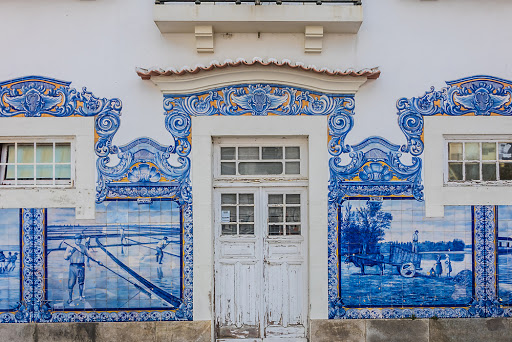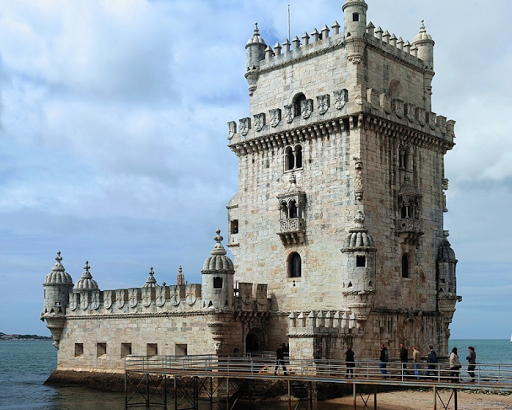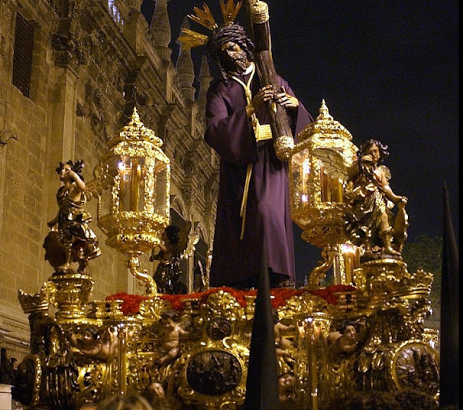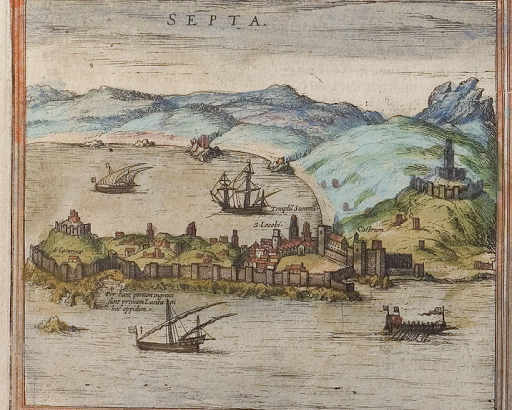NIGHT TRAINS
A triptych of short stories about trains during the golden age of Eurail Passes, cheap travel, and no digital cameras.
It was Eastertime, the start of the European travel season, and the packed train from Paris to the French-Spanish border was hours behind schedule.
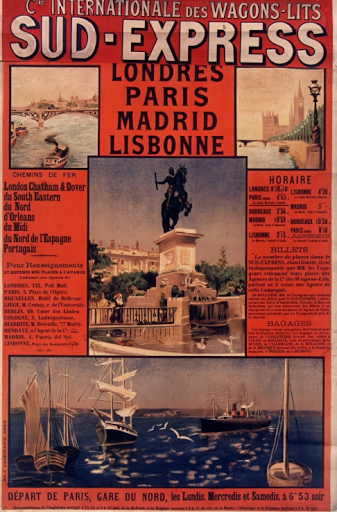
We missed our onward connection to Lisbon and ended up running to catch a local, the only train going in our direction until the following day. There was no time to buy provisions but we assumed that there would be a dining car. Hundreds of desperate travelers were pushing and shoving their way on board. We joined in. But every seat was full; the corridors were full; the fetid toilet rooms were full. Even the space where cars connected was filled with holiday-makers, mostly students on the loose.
But just as we were debating whether to endure a twelve-hour journey standing up or get off and hope something better would come along the following morning, a young man inexplicably came to our rescue. He motioned us to follow him. We squeezed up the aisle, stepping over lounging youths while he shoved two of his friends from a compartment. We gratefully took their places side by side on hard un-upholstered wooden seats with backs at an unforgiving 90-degree angle. Comfort was obviously not an amenity favored by the State railway at the time.
We nodded to the others in the six-person compartment. There were two young German women with black patent-leather suitcases across from us. They’d been the object of the ejected and now dejected young men’s attention. They leaned near the compartment’s open door in hopes the women would talk to them. They didn’t. A sallow and thin middle-aged Portuguese woman huddled in the corner by the window. She sat knee to knee across from a macho guy with a big gut and, we were soon to find out, an ego to match. My husband sat next to him and I had the seat by the door. Our virtuous rescuer joined his friends nearby.
The train jerked and jounced for hours toward the Spanish-Portuguese border where we halted to allow customs agents to inspect our documents. They pushed their way down the aisle shouting “passaporte.” Behind trailed sturdy ruddy-faced young women in long skirts, hand-knit sweaters, and kerchiefs, selling packets of sugar-coated almonds. When both groups had completed their work, the train slowly chugged off again on the interminable trip. As we passed deserted dimly-lit blue and white-tiled rural train stations, macho guy began a never-ending monologue. I don’t know much Portuguese, but between my fractured French and sloppy Spanish it wasn’t hard to understand much of the narrative which involved his exploits against the “natives” in the former Portuguese colony of Angola. With every new tale the Portuguese woman, the unwilling object of his stories, shrunk further back into her seat.
As an antidote, we fell into conversation with the Germans, who spoke English. By this time we had learned there was no bar or restaurant car. Even if there had been food available there was no way we could have climbed over the bodies filling every inch of space. Our almonds were long gone. The young women opened their cases to take out apples and water. We tried not to stare at their snacks, but in a second act of the kindness of strangers, they offered to share. We gratefully sipped and munched while discussing the novel they were reading: Murder on the Orient Express. Meanwhile macho guy continued to have the cowering woman across from him pinned in the corner with his words. Ah, murder – it began to sound like an excellent solution to shut him up
.
Twelve hours later we arrived in rainy Lisbon, hungry and sleep deprived. One of the young women called a friend who had a pension near the center of the city and at last we fell into bed, hoping to sleep for days. Never again would we travel without food and water. And earplugs.
* * *
A sturdy and sunburned young soldier paced back and forth by the entrance to our carriage watching passengers boarding the night train from Madrid to Granada. When we found our compartment there was only one other occupant, an ancient woman dressed in black from head to toe. She held a bird cage covered with a black scarf. She peered at us with olive-black eyes deeply set into a wrinkled face that gave evidence of a long and hard life. We smiled. The conductor blew a whistle and slammed the carriage door shut. We anticipated a blissful trip with only the silent granny hunched by the window. But, as the train began to move, the compartment door slid open and the same soldier we had seen outside took a seat next to the old woman. They greeted each other with hugs and kisses.
The excitement about the journey and the arrival of the young man set the woman’s tongue in motion. After she caught our attention, she gestured toward the soldier, telling us he was her grandson. He looked fondly at his abuela. Next came a story about the bird cage. Her talk had become so rapid that I could not follow. Her earnest efforts to tell us about the cage were futile until she lifted the cover to show us two canaries, fluttering in distress. She pointed at us and then pointed at them. Then she placed the cage on the seat next to her grandson and held out her two forefingers, crossed.
My God, I thought, she’s cursing us. But no, she was nodding and smiling, and I finally caught the words for husband and wife. Now we understood: the canaries were a pair like us. We’d been accepted, maybe graced in her eyes.
Meanwhile the soldier prepared for the long ride by taking off his boots and propping his feet up on the vacant seat next to me. The blessing turned into a curse when the stench from his feet filled the compartment. He must not have washed since he was born. He, grandma and the canaries drifted off to sleep; the birds with heads under their wings to avoid the smell. We looked at each other trying to decide whether to stand in the corridor all night or get out the bottle of wine we’d brought along and find solace in liquid form. We settled for the latter as the train wheels hypnotically clacked over the sleepers bearing us to Granada for Holy Week.
* * *
After a stay in Tangier we made our way to the nearby Spanish enclave of Ceuta where we embarked on a ferry back to Algeciras. The night train to Madrid, with our reserved window seats facing each other, was waiting near the dock.
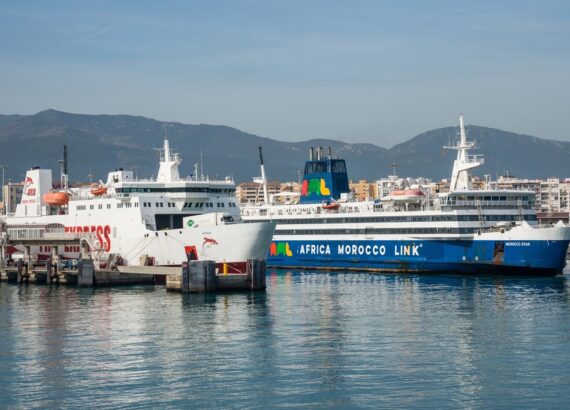
We settled in before our seatmates filed into the compartment: four men. The first looked like a seedy spy in his rumpled white suit. He sat on the corridor side, intent on thumbing through girlie magazines, ignoring his seatmates. The other three were startling. The obvious leader of the pack was a huge pockmarked weatherworn man who looked like a thug; the other two were slightly younger and smaller but looked just as tough. The big boss sat next to me and smiled, flashing a mouthful of gold teeth. His henchmen hoisted cheap plastic bags of umbrellas, brandy, sausages and wheels of cheese on the rack above them and us and stuffed more under their seats.
As the train slowly gathered speed in its climb through the cold mountains of an Andalusian spring, the Three Musketeers dragged out their dinner. A knife passed from hand to hand to slice through a wedge of cheese and the sausages. In between eating, they passed a bottle of rotgut brandy back and forth, never allowing the bottle to touch their lips. The capo offered us a swig but we politely declined. The brandy fumes and essence of garlic sausages filled the close air.
I had my nose in a book but could not resist glancing at the threesome between paragraphs. They looked menacing, unpredictable. As one bottle was emptied and another uncorked, they became ever more voluble. My husband and I began to exchange looks of alarm. Would he have to defend my honor? Could there be Murder on the Algeciras-Madrid Express?
Eventually the bottles were drained and the meal finished. The men fell asleep, snoring loudly. The empties rolled back and forth on the floor as the train swayed toward our destination. In the middle of the night I woke up needing to use the toilet. I was preparing to attempt squeezing by when the boss awoke. He poked the others and told them to stand up for the lady. They obediently stood as I left, and again as I returned. Gentlemen, after all
.
It was cold by the window and the heating system didn’t work. I tried to curl up to get warm, pulling a jacket over me. The next thing I knew it was morning and I was snuggled up to the big guy, absorbing his pungent heat.
As the train neared Atocha Station, the capo pulled out his identification to show us: He and his pals were railway workers who had earned passes for the excursion to Ceuta. They’d purchased the food, brandy and umbrellas in a duty-free shoppers’ paradise to resell what remained of it in Madrid. The train pulled to a halt and the men gathered their loot and hustled out. Only the empty bottles and the lingering aroma remained in the compartment to remind us of the journey.
* * *
When it was time to take the night train from Madrid to Paris for the flight home, we reserved a private sleeping compartment. So quiet, so comfortable, so colorless. We moved to Rome a few years later.
all photos public domain or Creative Commons including the Belem Tower photo taken by Alvergaspar.
TAGS
